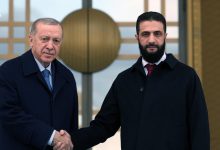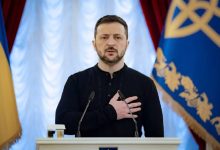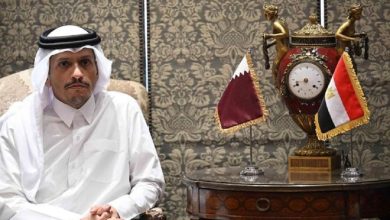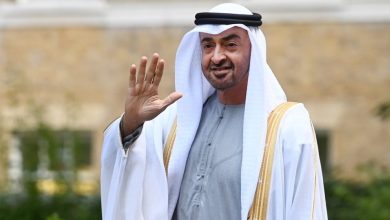Erdoğan Challenges Trump’s Ukraine Strategy Amid U.S.-Russia Peace Talks
As Washington and Moscow move toward negotiations, Turkey positions itself as a key player in shaping the future of the Russia-Ukraine war.
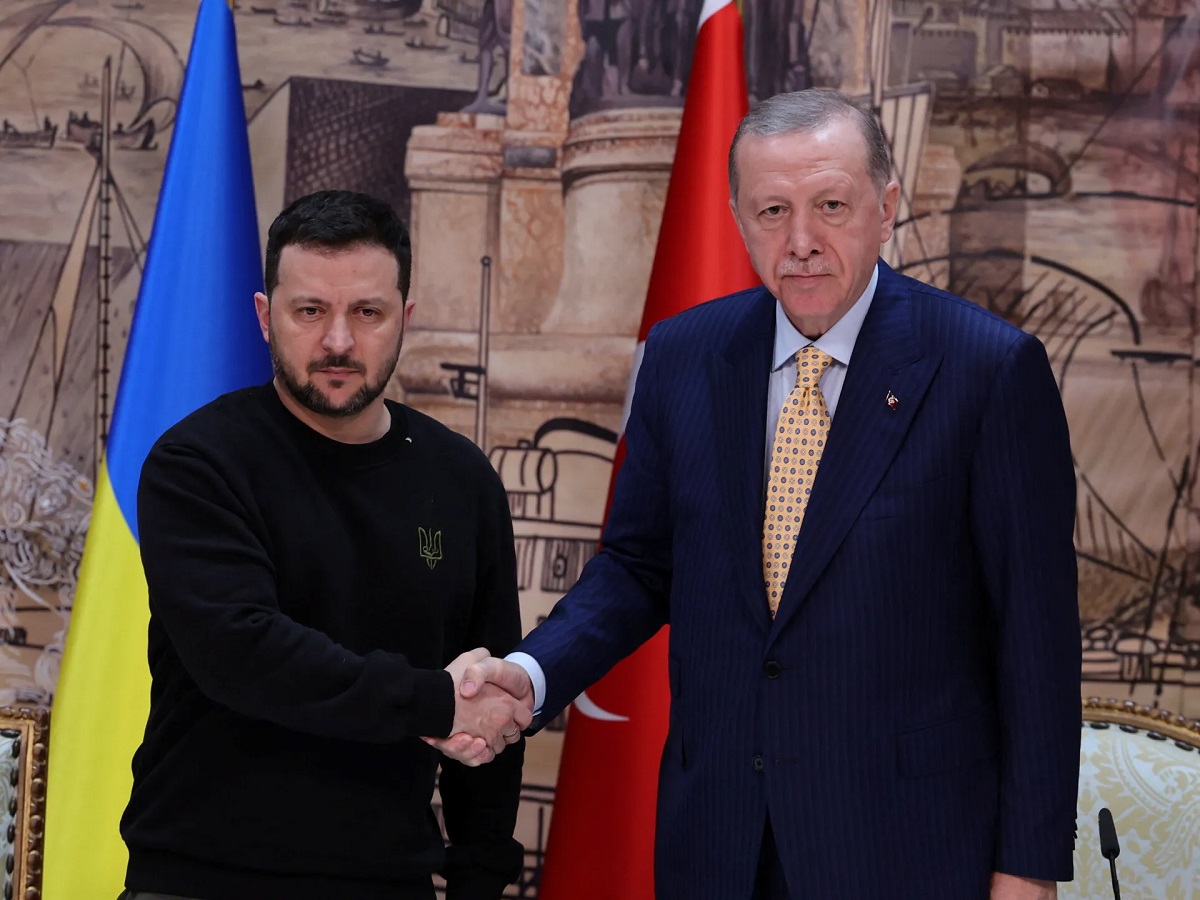
Watan-In a new development reflecting Turkey’s stance on the Russia-Ukraine war, Turkish President Recep Tayyip Erdoğan publicly opposed U.S. President Donald Trump’s position on managing the conflict in Ukraine. Erdoğan asserted that “a just and lasting peace can only be achieved through equal and fair representation of both parties to the conflict.”
Erdoğan’s stance comes at a critical time, as Moscow and Washington prepare to begin negotiations to end the three-year-long war, according to recent reports from Russian and American sources. Russia is seeking to impose its conditions in any settlement, including the surrender of the Ukrainian army, relinquishment of five regions partially or fully controlled by Moscow, and a ban on Ukraine joining NATO.
The visit of Russian Foreign Minister Sergey Lavrov to Ankara, coinciding with Erdoğan’s statements, carried clear messages regarding Turkey’s role in potential negotiations. During his meeting with his Turkish counterpart, Lavrov emphasized that “Moscow will not halt the fighting until it achieves all of its war objectives,” aligning with the Kremlin’s policy of rejecting any ceasefire without clear political gains.
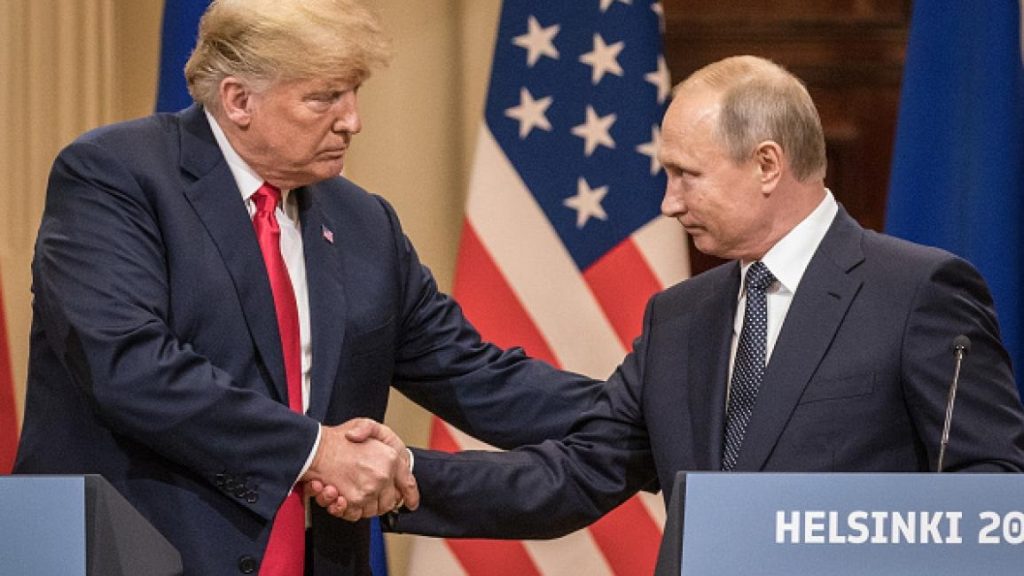
Despite its strong ties with Russia, Turkey continues to support Ukraine politically. This was evident in Erdoğan’s recent meeting with Ukrainian President Volodymyr Zelensky, where he reaffirmed “support for Ukraine’s territorial integrity and independence.” This stance contrasts sharply with the U.S. position, which is gradually shifting towards reducing support for Kyiv and engaging in negotiations with Moscow.
Trump, who returned to the White House with a harsh stance on Ukraine, has adopted a different approach from his predecessor Joe Biden. He has repeatedly stated that “Ukraine is not a U.S. priority” and that Washington will not continue its military support for Kyiv without something in return.
This shift in U.S. policy gives Russia greater hope of achieving its goals, especially as internal pressure on Zelensky mounts and European divisions over continued financial and military support for Ukraine grow.
The key question now remains: Can Erdoğan impose his vision on the U.S.-Russian talks, or will regional and international dynamics relegate Turkey to the role of a mere mediator in negotiations shaped by Washington and Moscow, far from Ankara’s influence?

